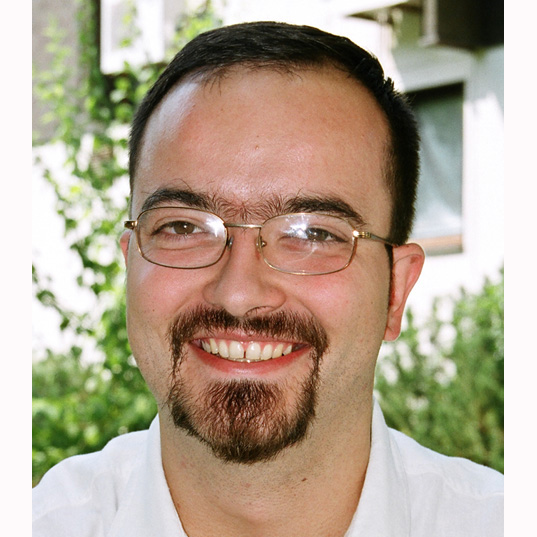 The 21st Century is said to be the Century of Knowledge. In order to empower the individual and society as a whole to become a valuable part of the modern, global world, it is of paramount importance to improve education—making it both continuous and quick to evolve. Therefore, education is a vital element of sustainable development.
The 21st Century is said to be the Century of Knowledge. In order to empower the individual and society as a whole to become a valuable part of the modern, global world, it is of paramount importance to improve education—making it both continuous and quick to evolve. Therefore, education is a vital element of sustainable development.
The era we live in provides us the illusion that acquiring knowledge and obtaining information is effortless. We get the impression that anyone can simply find out anything, or retrieve any data they require. However, the opposite might in fact be true.
The multitudes of data inundating us from all sides—as well as the possibility that anyone may publish such information—on the one hand encourages the positive values of transparency and democracy; however, on the other hand, it makes the truth difficult to obtain.
Critical thinking should, therefore, be a key aim of modern education.
Every modern person must be able to recognize new opportunities, the changes that follow, and the threats that lie hidden, in order to prepare, adapt, improve and equip himself for any new situation. Not only can the individual survive this way, but society can also successfully develop and adapt to the inventible changes of current times.
Hence, if we look at education as a resource for sustainable development, it must focus on teaching the skills and abilities to manage new situations rather than facts alone.
We have to learn to how to learn.
We have to accept the reality that learning is a lifelong process.
Sustainable development, especially that of small countries, involves utilizing the Internet as a resource to increase competitiveness in the global market. To make this possible, the education system must adapt to developments on both the global and regional levels.
The times are long gone of the teacher alone holding a monopoly on knowledge and facts. Many areas of our lives change so quickly that students may understand certain phenomena or skills even better than their teachers.
The education system, curricula, and expertise of individual professors must be flexible so that new facts may be adopted, remaining ready for significant rapid change, and fulfilling the needs of the students themselves.
If we need a decade to even mention mobile phones in textbooks, or present the Internet in a light other than as an experimental project, we cannot expect the system’s consumers to gain significant benefit from formal education.
On the other hand, it is vital to shift the focus of education from discrete facts to methods, phenomena, and processes—that is, if we want to empower future citizens to adapt to new situations in the job market and give them the opportunity to become innovators and entrepreneurs.
Climate change, a modernized economy, and space exploration are just some of the defining characteristics of our lifetime—and while the media writes about such topics every day, we do not even include them in our teachings, textbooks, or classes.
In order to achieve a society that knows what to aspire towards and how to develop, we need to have an education system capable of motivating individuals to continue their learning beyond formal schooling. Also, the system itself must contain forms of continuing education in order to encourage people to stay up-to-date with the latest trends, or to learn a new skill. The system must inspire people to always improve themselves.
UNESCO, as a UN body, has also recognized the importance of education for sustainable development, and talks about education in such a context.
One of the UNESCO documents says that "Education for Sustainable Development allows every human being to acquire the knowledge, skills, attitudes and values necessary to shape a sustainable future."
It is also crucial that education provide us with adequate knowledge in order to understand the very concept of sustainable development; so we may make the most out of our time, and leave enough for those who come after us.
Without understanding the basic postulates of both sustainable development and the limited resources at our disposal, we cannot contribute to such development.
UNESCO, therefore, calls for the inclusion of key themes relating to sustainable development, such as: climate change, the risks of disasters, protection of biodiversity, poverty, sustainable consumption and several other concepts, into our curricula.
It is necessary to include these issues in the early stages of our education programs, in order to continuously work on them throughout higher levels. At the university level of education, it is necessary to create interdisciplinary study programs that will address sustainable development. Only then can we build public awareness regarding the necessity of sustainability in the context of developing our society.
Education based on sustainable development also requires increased involvement of students in the teaching process, so to encourage changes in their behavior and push them to take action towards the goals of sustainable development.
Nikola Božić,
Director
PETNICA Fund for the Development of Scientific Education

 Author:
Author:





